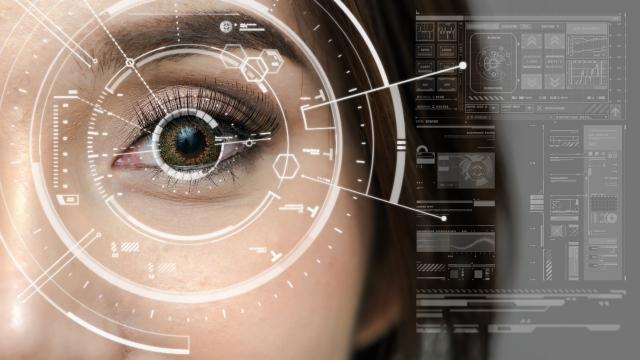Science, technology, engineering and mathematics, collectively known as STEM, are vitally important for keeping Australia competitive in a technology-driven world.
But despite STEM’s importance, we are not training enough people with skills in vital areas such as digital technologies and engineering to make the most of these business opportunities. In particular, there are extremely low numbers of women engaging in these fields.
The lack of women in essential STEM jobs exacerbates the national skills shortage and dampens Australia’s potential to lead the way in transforming our current industries and creating new ones. To compete on the world stage, we need a diverse and fully engaged workforce.
As the Australian government’s Women in STEM Ambassador, I work on a national level with all sectors to drive gender equity in STEM. My role is to catalyse systemic change that will make the STEM sector more inclusive, strong, diverse to support Australia’s economic growth and global competitiveness.
Are current efforts succeeding?
Organisations and individuals across the country have been trying to increase the participation of women and girls in STEM for years. The Australian Academy of Science has identified at least 331 separate initiatives across Australia designed to increase the participation of women and girls in STEM studies and careers. These include educational programs, work and industry experience, mentoring schemes, and many more.
We’re spending millions on initiatives, but are they having a positive impact?
The trouble is, we don’t know. That’s because most programs are not properly tested or evaluated.
Evaluation was one of the main recommendations of the Women in STEM Decadal Plan, released in April 2019. By using data and measuring outcomes, we can target our efforts and scale up programs that are effective and proven to work.
To evaluate our actions effectively we need to engage scientific principles. We start by defining the outcomes we want. What does success look like, and how do we measure it? The key is to adopt a data-driven approach.
With that in mind, and to mark International Women’s Day, federal science minister Karen Andrews yesterday launched the Advancing Women in STEM 2020 Action Plan.
What’s the plan?
The new plan follows the priorities already outlined in the decadal plan, with a focus on the areas of data collection and analysis, evaluation, and changing institutional practices. It aims to ensure action on STEM gender equity is evidence-based and effectively targeted.
To help with this, my office is developing an evaluation framework to assist organisations in taking a more scientific approach to their STEM engagement programs. This will help the people who run programs designed to promote a more inclusive STEM environment.
We’ll pilot the evaluation guide with recipients of the federal government’s Women in STEM and Entrepreneurship grants program, before making it more widely available. This will help us learn which programs are making a difference and where we can upscale for even greater impact.
My office will also conduct an Australian peer-reviewed trial of anonymous assessment of research funding proposals. Removing names and gender pronouns from applications can work well to combat gender and cultural biases. NASA has tried a similar approach in allocating time using the Hubble Telescope, with successful results.
In NASA’s system, the names of reviewers and scientists were made known to each other only after the review was complete. For the first time in 18 years, proposals led by women had a slightly higher success rate than those led by men.
We are implementing this method in Australia in a structured scientific trial, removing names and pronouns from applications to use large Australian research facilities.
The trial will do two things. First, it will provide important data on the effectiveness of anonymised review and provide a strong evidence base for the STEM sector to take action on more equitable processes in future.
Second, if international experience is anything to go by, it will immediately reduce gendered and cultural biases that exist in such decision-making processes.
Measuring success
How will we know if all this work is making a difference?
To help answer that, the federal government has also launched a STEM Equity Monitor, an interactive portal that will collect and track data on a range of indicators including: girls’ attitudes to STEM in schools, engagement rates, qualifications and workforce participation, pay rates and working conditions.
It is free for anyone to use and will enable our community to measure progress towards a society that provides equal opportunity for people of all genders to learn, work and engage in STEM.![]()
Lisa Harvey-Smith, Professor and Australian Government’s Women in STEM Ambassador, UNSW
This article is republished from The Conversation under a Creative Commons license. Read the original article.
